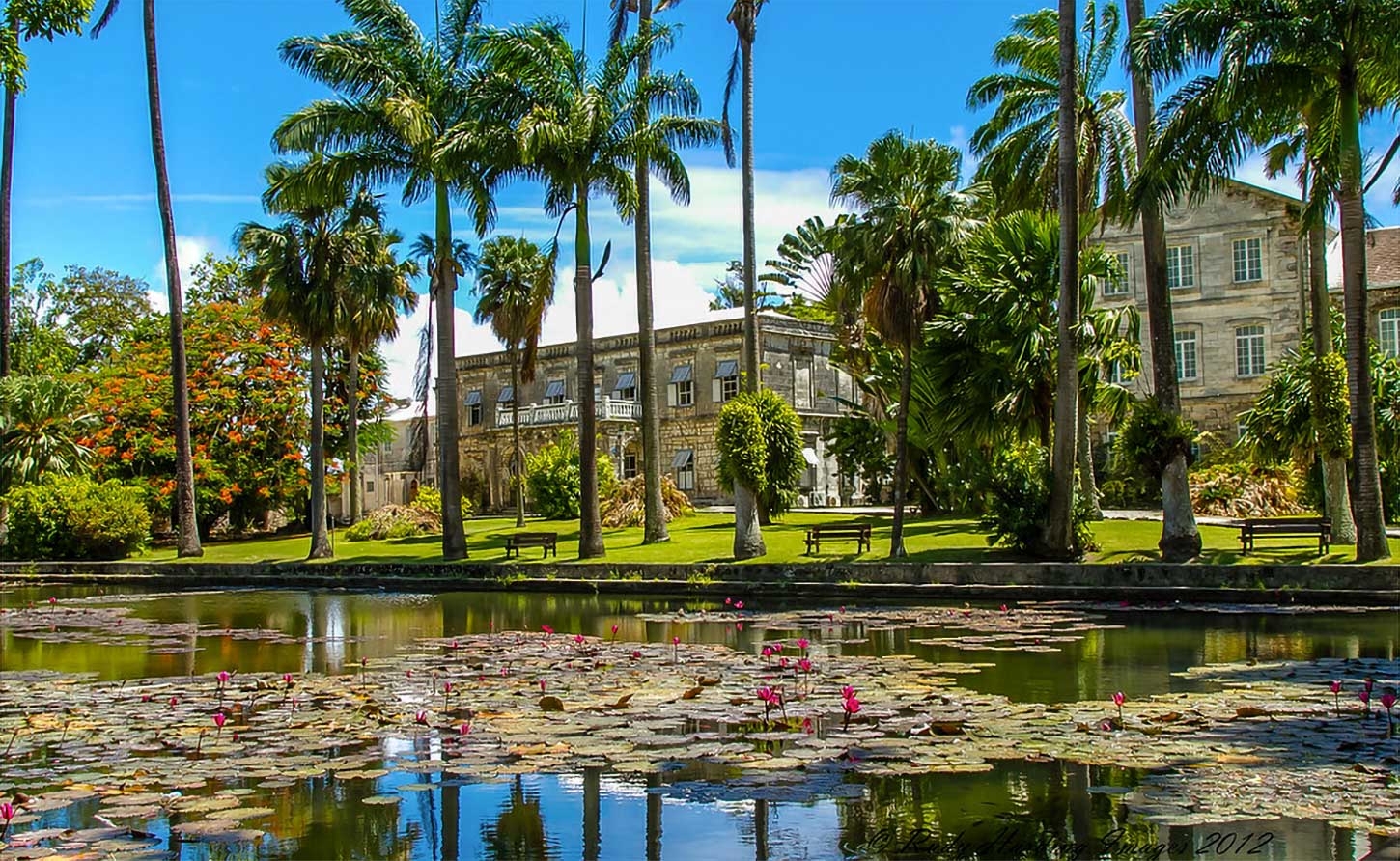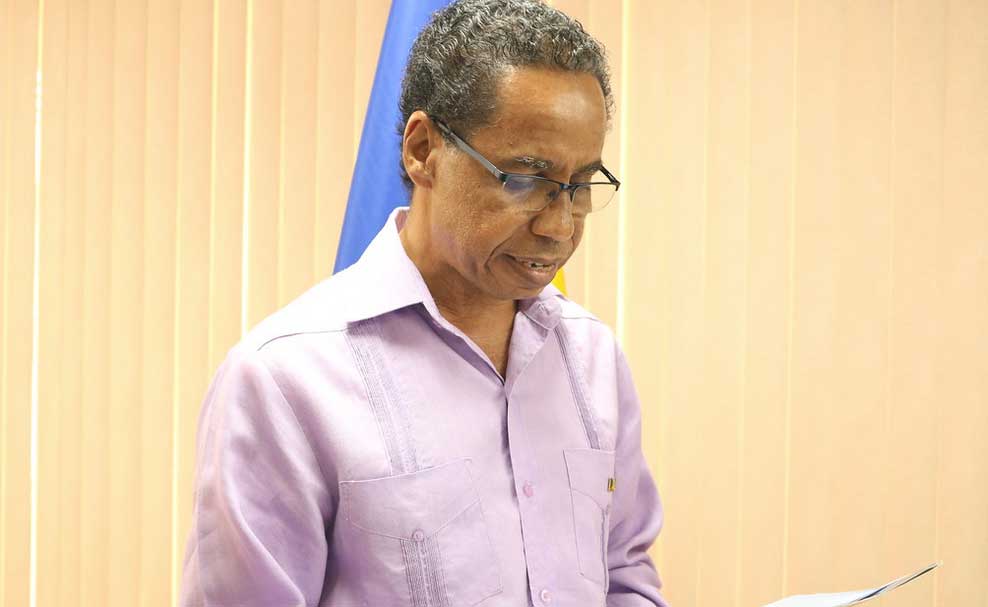BARBADOS Welcomes The Church of England’s Research Investment, But……….

BRIDGETOWN, Barbados September 7, 2024 - The Barbados National Task Force on Reparations says while it welcomes the positive and responsible initiative being taken by the Church of England’s United Society Partners in the Gospel (USPG) to partner with the Barbados-based Codrington Trust to improve the living standards of the tenants currently residing on the Estates, the move must not be considered a reparations or a reparatory justice project.
A Statement from the Deputy Chair of the Barbados National Task Force on Reparations Ambassador David Comissiong said his organisation “welcomes the very positive and responsible initiative that is being taken by the Church of England’s United Society Partners in the Gospel (USPG) to partner with the Barbados-based Codrington Trust to invest some 18 million Barbados dollars in a joint project that will be dedicated to carrying out and documenting important research into the slavery era history of the Codrington Estates in Barbados and to improving the living standards of the tenants who currently reside on the Estates.”

He said “ The Task Force is the national body established by the government of Barbados to deal with the issue of Reparations on behalf of the government and people of Barbados, and therefore has a duty to ensure that the principles and methodology that underlie the sacred cause of Reparations are properly applied.
“The USPG is the successor body to the 18th and 19th Century Society for the Propagation of the Gospel in Foreign Parts (SPG) – the Church of England entity that owned and operated the Codrington slave plantation in Barbados for some 126 years – and is therefore duty bound to engage in a reparations discourse and eventual settlement with the government and people of Barbados. And the entity with which that discourse is to be appropriately conducted is the Barbados National Task Force on Reparations.
“The Task Force would like to put on record its admiration of the Christian spirit of justice that has been evinced by both the USPG and the Church Commissioners – the two entities of the Church of England that have thus far publicly acknowledged their implication in the crime of African enslavement and their determination to make some form of recompense.
“We believe that the words and actions of these two Anglican religious bodies have the potential to help generate significant breakthroughs in CARICOM’s reparations claims against both the Church of England and the national government of the UK and to help usher in a new era of reparatory justice, reconciliation and brotherhood.
“We now look forward to the USPG deepening and fortifying that potential by publicly undertaking to complement its Codrington College social justice project by commencing an appropriate reparations discussion with the Barbados National Task Force on Reparations.
The Anglican church group has announced its intention to launch a £7m reconciliation project in Barbados to atone for the atrocities of transatlantic slavery and compensate descendants of enslaved people.
The United Society Partners in the Gospel (USPG), created in 1701 to convert people in the colonies to Christianity, will work with local and regional partners in the Caribbean to allocate money to education and entrepreneurial grants and historical research. It will also support land ownership among descendants of enslaved people.
The project, which launches on Saturday, will focus on communities living on the Codrington estate in eastern Barbados. Once the site of two thriving sugar plantations, generating an estimated income of £5m a year in today’s money, the estate was owned by the planter Christopher Codrington. He bequeathed it to the Society for the Propagation of the Gospel in Foreign Parts (SPG), which would later become USPG.
Codrington’s will stipulated he wanted 300 enslaved people to work on the plantation and the establishment of a theological college. Today, the college and the estate are managed by a government-established trust that is working with USPG on the project.
Dr Duncan Dormor, an Anglican priest and the general secretary of USPG, described the initiative as a critical step in addressing the injustices and crimes of the church during the transatlantic slave trade. He added that previous apologies from Anglican institutions needed to go further.
“Back in 2006, then archbishop of Canterbury, Rowan Williams, made a very public statement apologising on behalf of the Church of England for what went on at Codrington,” he said. “That apology included and covered USPG.
However, I felt that we had not expressed our regret and remorse with enough seriousness and detail. Just to say, ‘we’re sorry’ – sorry for what, and what are we going to do about it?”
-30-
